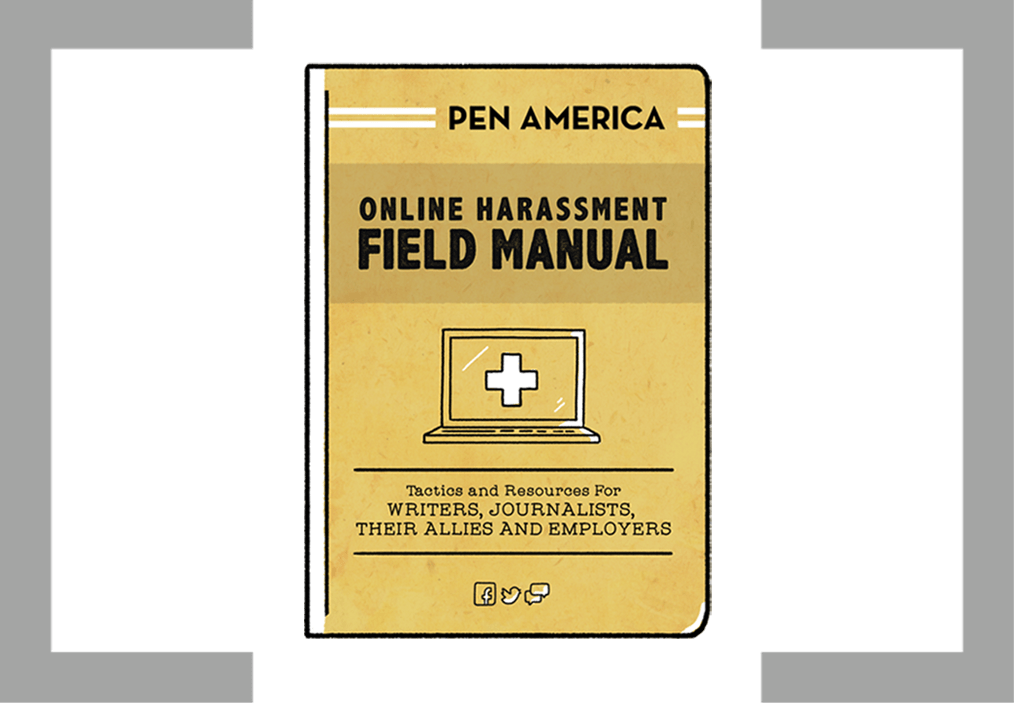Three years ago, PEN America released its report Secret Sources: Whistleblowers, National Security and Free Expression, our analysis of the free expression implications of the government’s “war on whistleblowers.” Today, that war is ongoing. In fact, under President Trump, it has accelerated. Since our report, things have become even worse for national security whistleblowers.
Intelligence community employees who consider blowing the whistle face three abysmal choices: use the internal channels and risk career suicide, go to the media and face potential jail time, or stay silent in the face of waste, fraud, abuse, illegality, or threats to our democracy.
Let’s focus on that first option: the internal reporting channels that—according to some members of the national security establishment—supposedly make it unnecessary for whistleblowers to “leak” information. Certainly, this has always been a narrative that is more complete in theory than in practice. Former NSA contractor Edward Snowden, for example, claimed he tried to use official channels multiple times to report his concerns about government surveillance programs, before concluding it was useless.
Today the structural integrity of these “internal channels” appears increasingly shaky. A prime example is that of the PPD-19 or “Protecting Whistleblowers with Access to Classified Information” directive. This Obama-era presidential directive prohibits retaliation against intelligence community employees who make a protected disclosure through proper internal channels and establishes remedies for substantiated reprisal claims. The directive requires each intelligence community agency to create a process through which the agency’s inspector general could review personnel or security clearance decisions alleged to be retaliatory. The directive also created a process by which a whistleblower could appeal an agency-level decision regarding a retaliation claim to the Inspector General of the Intelligence Community (IC IG).
Recent developments show that the process established under PPD-19 is failing to protect intelligence community whistleblowers. A 2017 draft report by the IC IG’s office reviewed 190 whistleblower reprisal complaints in 6 national security agencies and revealed that the agencies found in favor of only 1 whistleblower. In other words, the government ruled against 99% of intelligence community employees who claimed they were retaliated against for blowing the whistle.
The Project on Government Oversight obtained a leaked copy of a memo used to draft this report, which stated that many parts of the intelligence community are failing to follow “policies, procedures and standards. . . . Causing non-substantiation of reprisal claims, incomplete investigations, and for complaints not to be processed.” The author concludes, “These deficiencies are significantly undermining the intent of PPD-19 and strongly suggest that there has been no impact by PPD-19 to protect whistleblowers in the evaluated agencies.”
The case of former CIA employee “James Pars” demonstrates these weaknesses. Pars was sent home after he reported (during the Obama Administration) that a supervisor unnecessarily put co-workers in danger in a war zone. Pars subsequently filed a lawsuit in which he claimed the CIA failed to review his whistleblower reprisal case by the required deadline and denied him his PPD-19 appeal rights. Under Trump, the CIA responded that PPD-19 is not a statute and therefore whistleblowers have no right to challenge the agency’s failure to enforce it. The judge agreed and dismissed the case, leaving Pars vulnerable. Pars was subsequently terminated.
Ongoing turmoil in the Intelligence Community Whistleblowing & Source Protection (ICW&SP) directorate may also be jeopardizing protections for national security whistleblowers. In 2013 the directorate was created to help promote whistleblowing as an internal function. Former whistleblower Dan Meyer was appointed as ICW&SP’s executive director, a selection that was praised by civil society groups. But in November 2017, Meyer was placed on administrative leave and escorted from his office. In March, Meyer was fired for undisclosed reasons in a process that was—in the words of two U.S. senators—“marked by procedural irregularities and serious conflicts of interest.”
There are concerns about other national security inspector generals’ offices as well. President Trump’s nominee for the CIA inspector general has at least three open whistleblower retaliation cases against him. The NSA’s Inspector General, George Ellard, was actually fired for retaliating against a subordinate who reported wasteful spending, before the Department of Defense stepped in to reverse Ellard’s termination.
In this atmosphere, is it any wonder that some intelligence community whistleblowers feel unsupported by the government when they report wrongdoing, and therefore consider going to the press? To correct this, Congress should pass a law that protects national security whistleblowers from retaliation, as an unenforceable presidential policy directive is not sufficient. Until then, politicians cannot, in good faith, claim that national security whistleblowers should use internal channels rather than going to the media, as those channels are apparently insufficient to protect whistleblowers from retaliation.












